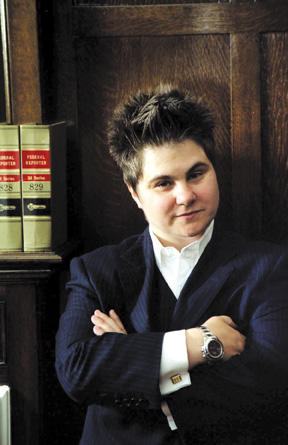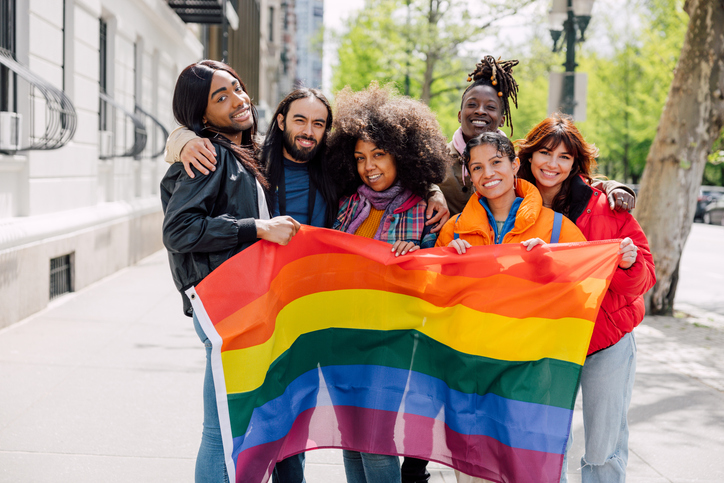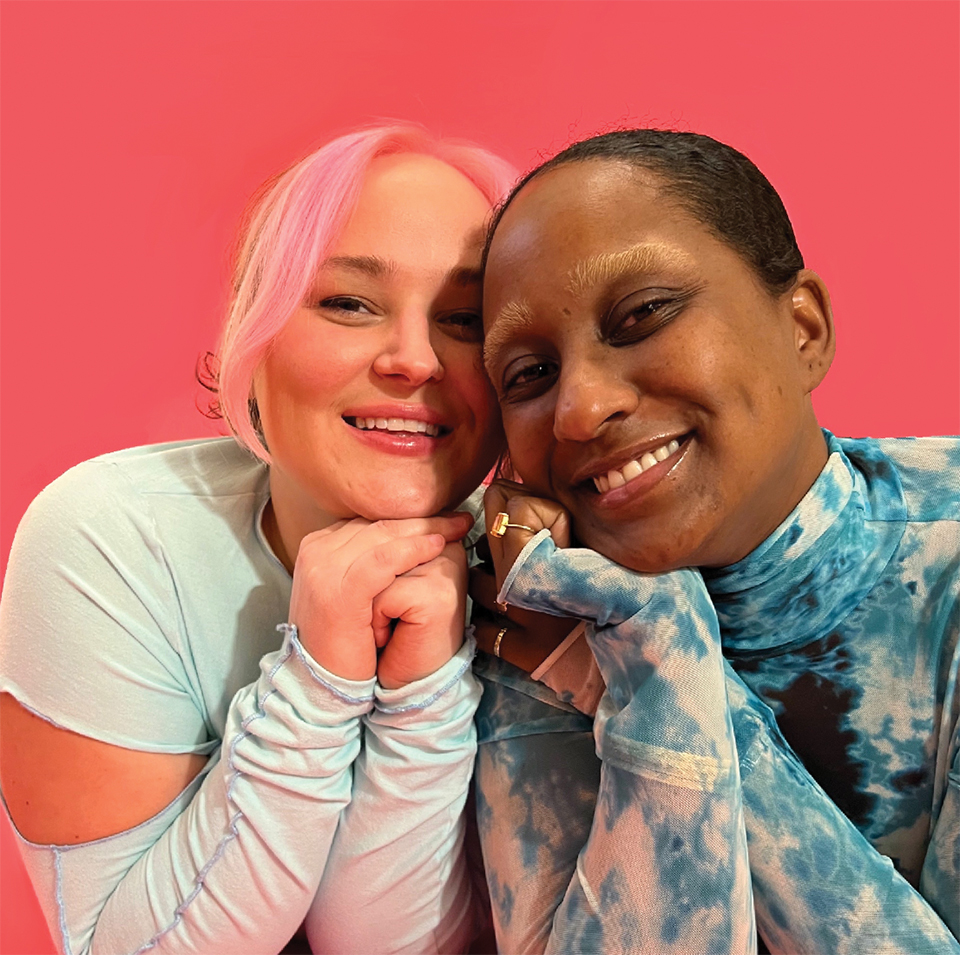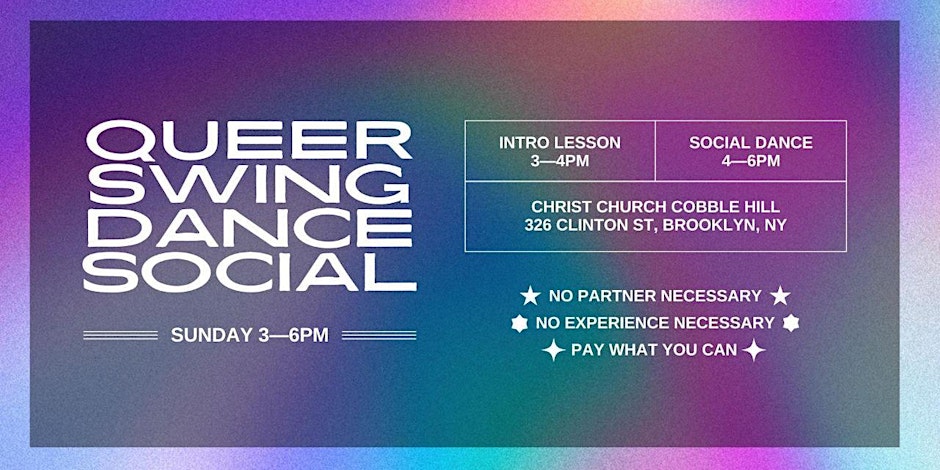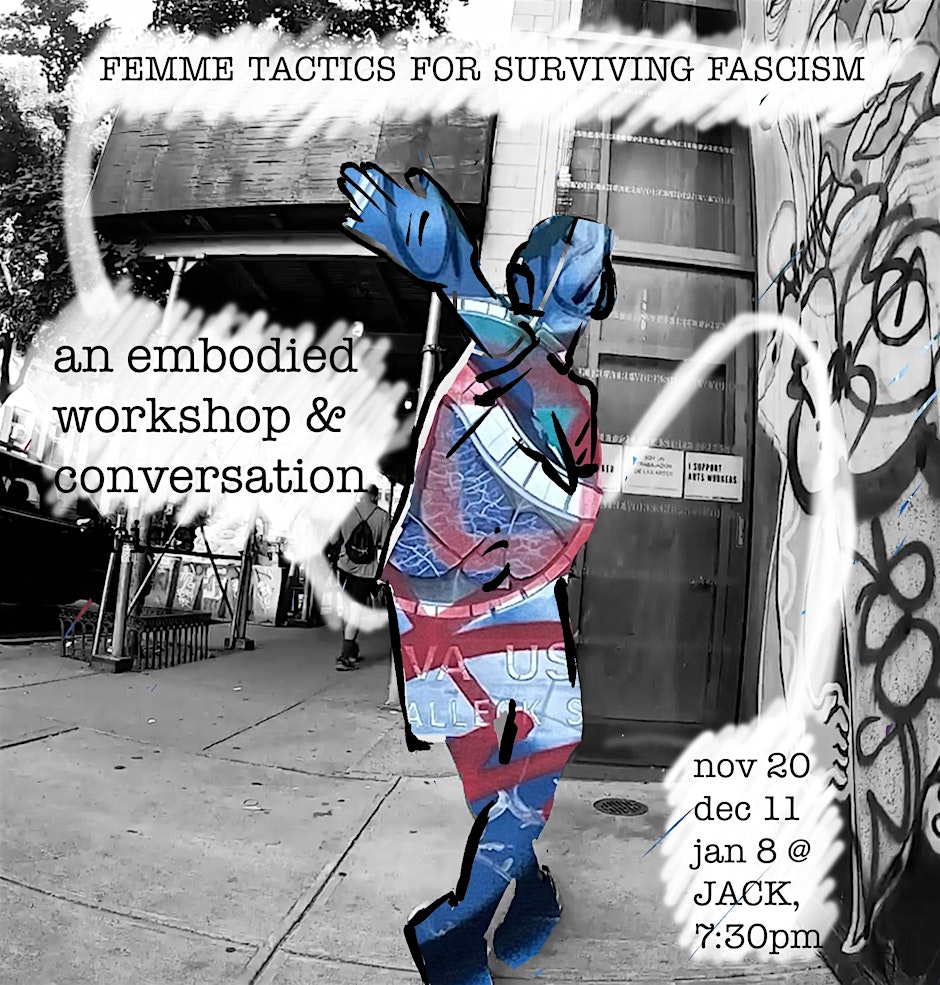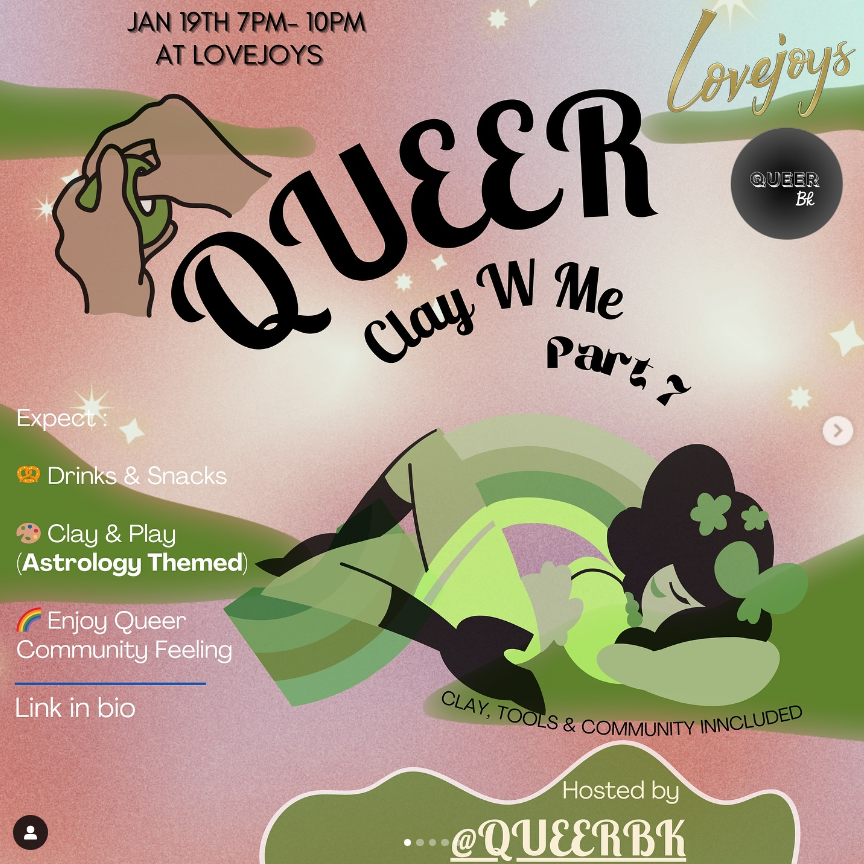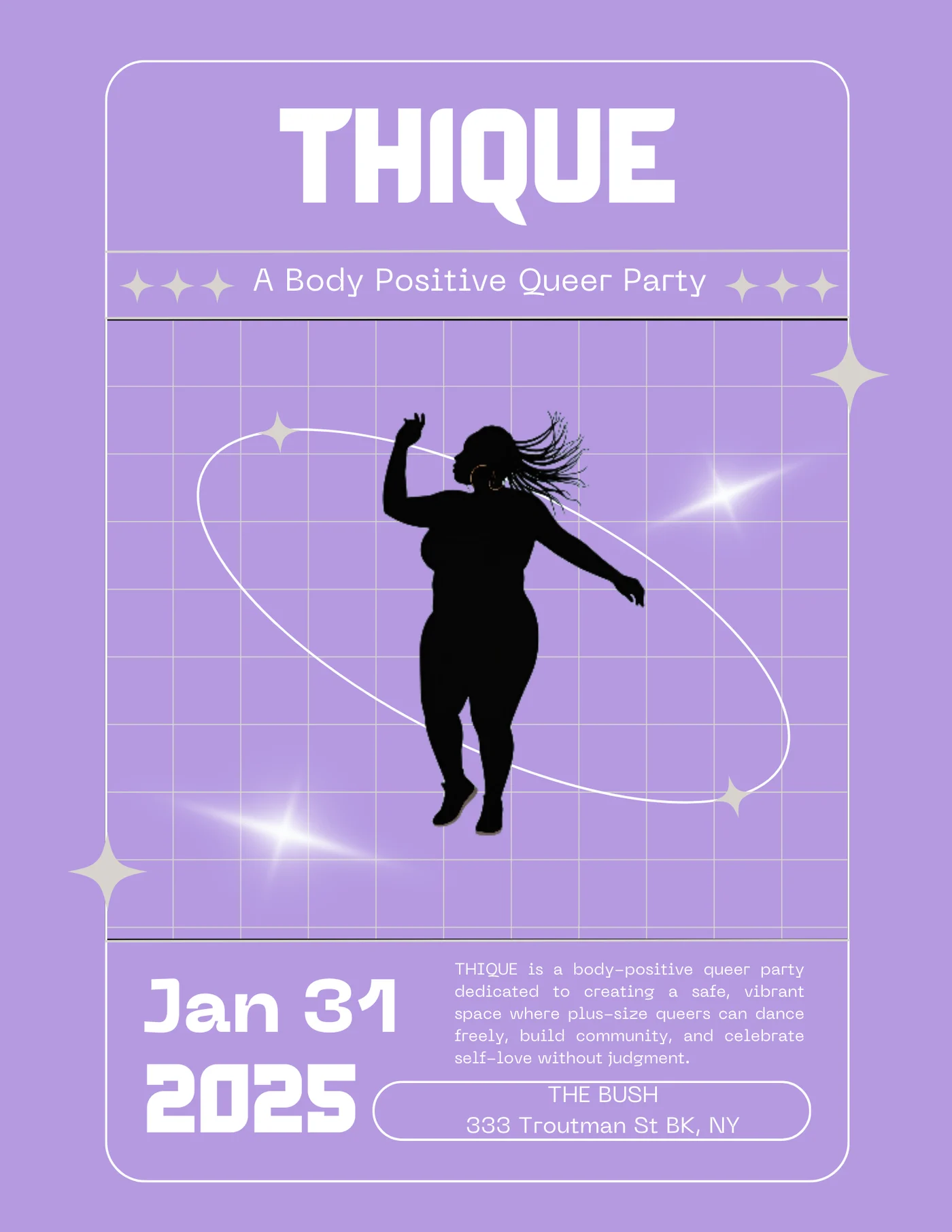Dear Yetta:
My partner is from South Africa and is in the U.S. on an outdated tourist visa. Because she has been out of status for more than seven years, if she goes back to South Africa now she will not be able to ever come back to America. We have been together for five years and we even got married in Massachusetts, but I am afraid that at any minute she could be deported. What can I do?
-An International Family
Dear International:
This question underscores the inhumanity of our government’s policies towards the LGBT community, and why marriage equality is such an important fight.
Tens of thousands of American citizens live with the daily fear that their families are at risk, and that their spouses could be suddenly deported. It is especially painful to have to live with the knowledge that our heterosexual counterparts are free to sponsor their spouses on a fast track application that ensures their protection and status as permanent residents.
Until recently I would have said there was little you could do, other than move your family to South Africa. Unlike in the U.S., your marriage and relationship would be legally recognized there.
Although the landscape is still quite bleak, there have been developments in recent months that give hope for a future policy in this country that does not deprive LGBT citizens of their basic right to family.
Two pending lawsuits, Pedersen v. OPM and Windsor v. United States, challenge Section 3 of the Defense of Marriage Act, which defines marriage for federal purposes as only between a man and a woman.
In response to these cases, U.S. Attorney General Eric Holder issued a statement which directed that same-sex couples’ petitions for permanent residency “be held in abeyance while awaiting final guidance.” In plain English, Holder asked that any rulings on same-sex couples’ immigration cases be put off until Pedersen or Windsor determines if DOMA is legit. While Holder’s request was later withdrawn, it leaves a legal grey area in which citizens who file a case to sponsor their foreign partner now might have their cases—and possible deportations—put on hold.
Of course, the great hope is that Pedersen or Windsor proves successful, and that U.S. Citizenship and Immigration Services will eventually recognize same-sex marriage as a basis for granting permanent residency.
In the interim, your application could be postponed and you wouldn’t need to fear deportation until there is a final ruling. There are many nuances to this issue, though, so please be sure to consult your attorney before taking any action.
In the meantime, you can help your cause by getting involved in organizations like Immigration Equality (immigrationequality.org).
Good luck.
Special thanks to Erica Kagan, Associate, and Sarah Hansel, Legal Intern, at Kurland, Bonica & Associates, P.C. for their contribution to this article.
Email questions to to kurland@kurlandassociates.com or call 212-253-6911.
*This column is not a consultation with an attorney and should in no way be construed as such or as a substitute for such consultation. Anyone with legal issues or concerns should seek the advice of her own attorney.


